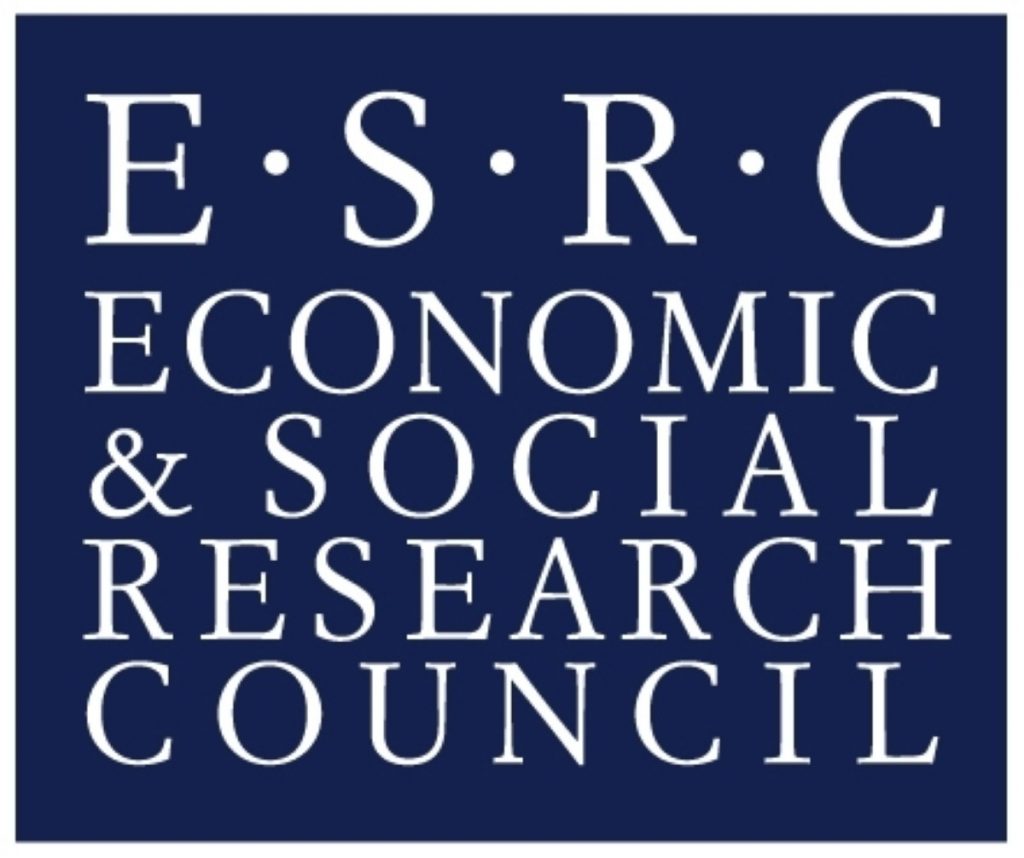ESRC: Glasgow in the ‘good old days’
With corned beef making a comeback, period dramas filling primetime TV and the styles of the 60s and 80s frequently gracing the fashion catwalks, nostalgia is playing an important role in everyday life. It inspires art and politics, it is being used to sell everything from food to furniture and it shapes the identity of individuals and entire communities.
As part of the Economic and Social Research Council’s (ESRC) Festival of Social Science 2011, the people of Glasgow are being invited to share their school-day memories and discover more about why we get so attached to our past at the 'Glasgow Schooldays remembered' event.
"Nostalgia is everywhere," Dr Edwards says. "We all have some kind of attachment to the magic of the past – with the internet it is much easier to 'access' the recent past, surprisingly we are finding people are already feeling nostalgic about the 80s and 90s. We also find that different ages and social groups use nostalgia in different ways. Young people tend to be nostalgic about past styles and fashions whereas older people remember more about the sense of community."
"Our workshop is a great way for people from Glasgow to think about their city and its heritage. We are hosting the Commonwealth Games in 2014 and the city is thinking hard about its identity and brand. Nostalgia will shape how we see ourselves today and how we present our city to the rest of the world."
As part of Glasgow's Inspiration Festival, Strathclyde University is working with the Scotland Street School Museum to hold a photo-essay competition. The competition will result in a free exhibition as well as a workshop for anyone at the museum and the entries will be displayed on the Nostalgia in the 21st Century website. Children and adults from the local area are being invited to create short photo-essays about their memories of school in Glasgow. Younger participants are encouraged to base their work on the memories of their parents or grandparents.
The workshop, open to children and their families, will use the photo-essays and the museum's current exhibition of photographs of 1970s Glasgow – "The Glesga that I used to Know" – to help stimulate discussion and inspire people to reminisce about their school days. It will encourage reflection on the way memories are preserved and passed on. To really get people in the mood there will be plenty of retro drinks and sweets for everyone to enjoy.
The Glasgow event is being organised by staff from the School of Humanities and the Department of Marketing of Strathclyde University. "We recently held a series of seminars about nostalgia in the 21st century at the university," Dr Sarah Edwards, one of the organisers, explains. "We invited people from many different professions, including marketing and architecture, to talk about the importance and use of nostalgia in what they do and we were impressed by how much this does influence them."
For further information contact
Dr Sarah Edwards
Email: nostalgia-seminars@strath.ac.uk
ESRC Press Office:
Danielle Moore
Email: danielle.moore@esrc.ac.uk
Telephone 01793 413122
Jeanine Woolley
Email: jeanine.woolley@esrc.ac.uk
Telephone 01793 413119
Notes for editors:
Glasgow school days remembered
Organiser: Dr Sarah Edwards
Date: 5 November 2011 10.00-12.00
Venue: Scotland Street School Museum, Glasgow
Audience: Suitable for a general audience
For more information: Glasgow school days remembered
Find out more details about the work of Strathclyde University in the area of nostalgia at www.strath.ac.uk/nostalgia
The 'Glesga I Use to Know' is a free exhibition of photographs about everyday life in Glasgow in the 1970s. It is hosted by Scotland Street School Museum and runs until 8 January 2012. Visit the Glasgow Museums website for more details.
The Glasgow School Days Remembered: During September and October, an open invitation to children and adults to submit photo-essays will be circulated. Submissions may highlight, for example: first day at school; sports day; school dinner; school disco; playground; etc. Younger entrants are encouraged to draw on memories of parents and grandparents. Submissions can combine text and photographs up to 300 words and six pictures. Prizes will be awarded in age categories: under 14, 14-18 and 18+. Entries will be permanently exhibited on the "Nostalgia in the 21st Century" website.
The Festival of Social Science is run by the Economic and Social Research Council which runs from 29 October to 5 November 2011. With events from some of the country's leading social scientists, the Festival celebrates the very best of British social science research and how it influences our social, economic and political lives – both now and in the future. This year’s Festival of Social Science has over 130 creative and exciting events aimed at encouraging businesses, charities, government agencies; and schools or college students to discuss, discover and debate topical social science issues. Press releases detailing some of the varied events are available at the Festival website. You can now follow updates from the Festival on twitter using #esrcfestival
The Economic and Social Research Council (ESRC) is the UK's largest organisation for funding research on economic and social issues. It supports independent, high quality research which has an impact on business, the public sector and the third sector. The ESRC’s total budget for 2011/12 is £203 million. At any one time the ESRC supports over 4,000 researchers and postgraduate students in academic institutions and independent research institutes. More at www.esrc.ac.uk





-01.png)